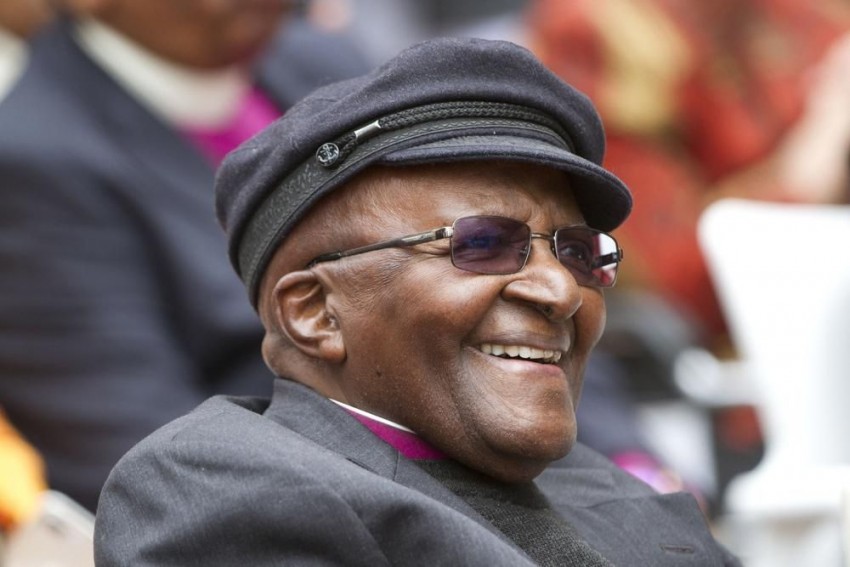Desmond Tutu, Anti-apartheid crusider and voice of justice, Archbishop Desmond Tutu, who played crucial role in ending apartheid in South Africa, dead yesterday in Cape Town, at 90.
the Nobel Peace Prize-winning Anglican cleric Desmond Tutu, whose good humor, inspiring message and conscientious work for civil and human rights made him a revered leader during the struggle to end apartheid in his native South Africa. Confirming his death, South African President Cyril Ramaphosa expressed his condolences to Tutu’s family and friends, calling him “a patriot without equal.”
”A man of extraordinary intellect, integrity and invincibility against the forces of apartheid, he was also tender and vulnerable in his compassion for those who had suffered oppression, injustice and violence under apartheid, and oppressed and downtrodden people around the world,” Ramaphosa said.
Tutu had been in ill health since few years. In 2013, he underwent tests for a persistent infection, and he was admitted to hospital several times in following years.For over six decades, Tutu — known affectionately as “the Arch” — was one of the primary voices in exhorting the South African government to end apartheid, the country’s official policy of racial segregation. Throughout the 1980s — when South Africa was gripped by anti-apartheid violence and a state of emergency giving police and the military sweeping powers — Tutu was one of the most prominent Blacks able to speak out against abuses.
Tutu had unconditional support for leaders in the likes of Nelson Mandela and always kept his distance from the African National Congress (ANC), and refused to back its arm struggle.After apartheid ended in the early ’90s and the long-imprisoned Nelson Mandela became president of the country, Tutu was named chair of South Africa’s Truth and Reconciliation Commission. The Nelson Mandela foundation called Tutu’s loss “immeasurable.”
“He was larger than life, and for so many in South Africa and around the world his life has been a blessing,” the foundation said in a statement. “His contributions to struggles against injustice, locally and globally, are matched only by the depth of his thinking about the making of liberatory futures for human societies.”Tutu’s civil and human rights work led to prominent honors from around the world.
Former US President Barack Obama awarded him the Presidential Medal of Freedom in 2009. Obama called Tutu a “mentor, a friend, and a moral compass” in a statement after his death.”Archbishop Tutu was grounded in the struggle for liberation and justice in his own country, but also concerned with injustice everywhere. He never lost his impish sense of humor and willingness to find humanity in his adversaries,” said Obama.
In 2012, Tutu was awarded a $1 million grant by the Mo Ibrahim Foundation for “his lifelong commitment to speaking truth to power.” The following year, he received the Templeton Prize for his “life-long work in advancing spiritual principles such as love and forgiveness which has helped to liberate people around the world.”Most notably, he received the 1984 Nobel Peace Prize, following in the footsteps of his countryman,
Albert Lutuli, who received the prize in 1960.In the 1950s, Tutu had resigned as a teacher in protest of government restrictions on education for Black children, the Bantu Education Act. He was ordained in 1960 and spent the ’60s and early ’70s alternating between London and South Africa. In 1975 he was appointed dean of St. Mary’s Cathedral in Johannesburg and immediately used his new position to make political statements. Desmond Mpilo Tutu was born October 7, 1931, in Klerksdorp, a town in South Africa’s Transvaal province.



